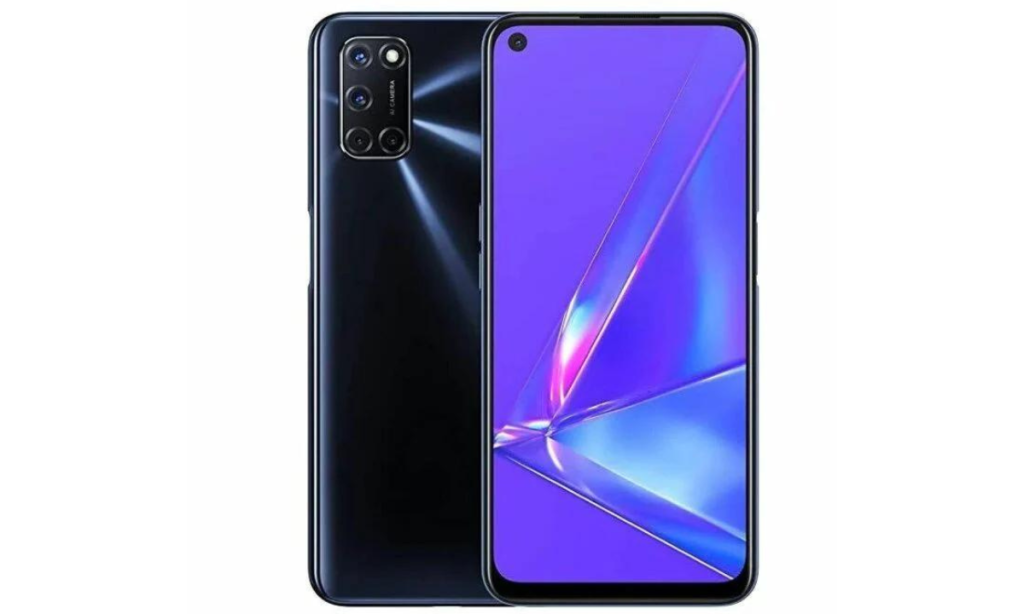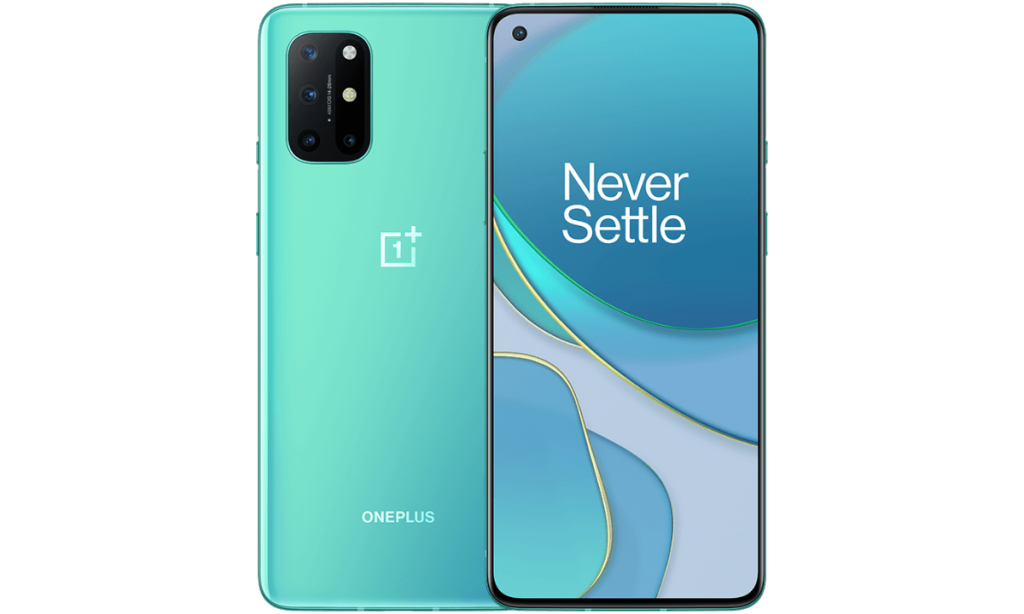The FIFA World Cup has long been more than just a tournament; it is a cultural phenomenon that transcends borders, uniting people from diverse backgrounds through the universal language of football. Over the years, the World Cup has produced unforgettable moments that brought nations together, inspired generations, and showcased the true power of sportsmanship. Xoilac TV makes it easier than ever to relive these incredible moments, ensuring that fans worldwide can share in the joy and emotion of the game.
The 1966 World Cup Final: England’s Triumph
One of the most iconic moments in football history occurred during the 1966 World Cup final at Wembley Stadium. England faced West Germany in a thrilling match that ended with England claiming their first and only World Cup title. Geoff Hurst’s hat-trick, including the controversial “did it cross the line?” goal, remains etched in football lore. For England, this victory was not just about football; it symbolized a unifying moment for a nation emerging from the shadow of post-war struggles.
1986: Maradona’s “Hand of God” and Goal of the Century
Diego Maradona’s performance in the 1986 World Cup quarterfinal between Argentina and England showcased the duality of football. His infamous “Hand of God” goal stirred controversy, while his second goal in the same match, where he dribbled past five English players, was hailed as the “Goal of the Century.” Argentina’s eventual triumph in the tournament united a nation during a time of political and economic uncertainty, solidifying Maradona as a national hero.
1998: France’s Multicultural Team Lifts the Trophy
The 1998 World Cup, hosted and won by France, was a celebration of diversity and unity. The French team, led by captain Didier Deschamps and playmaker Zinedine Zidane, was a melting pot of cultures and ethnicities. Zidane’s two goals in the final against Brazil brought the nation together, showcasing how football could be a symbol of inclusion and harmony. The victory resonated beyond football, highlighting the importance of embracing diversity in building a stronger society.
2010: Africa’s First World Cup
The 2010 World Cup in South Africa was historic for being the first held on African soil. From the iconic vuvuzela sounds that filled the stadiums to the unforgettable opening ceremony, the tournament was a celebration of African culture. South Africa’s first goal, scored by Siphiwe Tshabalala, remains an enduring symbol of hope and pride for the continent. The event united not only African nations but also fans worldwide, who embraced the spirit of ubuntu—humanity towards others.
2014: Brazil 7-1 Germany
The 2014 semifinal between Brazil and Germany was a moment of shock and unity in its own way. Germany’s 7-1 demolition of Brazil, the tournament hosts, was an unprecedented result that left fans stunned. Despite the heartbreak for Brazilians, the game became a rallying point for fans worldwide, who marveled at Germany’s clinical performance and Brazil’s resilience in the aftermath. The match highlighted the unpredictable nature of football and the shared emotions it evokes.
Women’s World Cup: Breaking Barriers
The FIFA Women’s World Cup has also produced moments of unity and progress. The 1999 final, where the United States defeated China in a dramatic penalty shootout, was a watershed moment for women’s sports. Brandi Chastain’s iconic celebration after scoring the winning penalty became a symbol of empowerment and inspiration for young girls worldwide. The growing popularity of the Women’s World Cup continues to unite fans and challenge stereotypes, proving that football is for everyone.
The Role of Technology and Streaming Platforms
In today’s digital age, technology and streaming Xoilac TV have revolutionized how fans experience the World Cup. These platforms ensure that no fan misses a moment, regardless of where they are. From live streaming matches to providing on-demand access to historic games, Xoilac TV brings fans closer to the action. This accessibility has played a significant role in making the World Cup a truly global event, uniting millions through the shared love of football.
The Power of Football to Heal and Inspire
Football’s ability to unite goes beyond the pitch. The World Cup has often been a stage where nations set aside political differences and come together in the spirit of the game. The tournament’s history is filled with moments that symbolize reconciliation, hope, and the triumph of the human spirit. From Japan and South Korea co-hosting the 2002 World Cup to players exchanging jerseys after heated matches, football exemplifies the values of respect and camaraderie.
Conclusion
The FIFA World Cup is more than just a competition; it is a celebration of humanity’s shared love for football. Through unforgettable moments and stories of triumph, the tournament has united the world time and again. Thanks to xoilac trực tiếp bóng đá, fans can continue to relive these moments and stay connected to the magic of the World Cup. As we look forward to future tournaments, one thing is certain: the World Cup will always be a beacon of unity, passion, and inspiration for generations to come.




